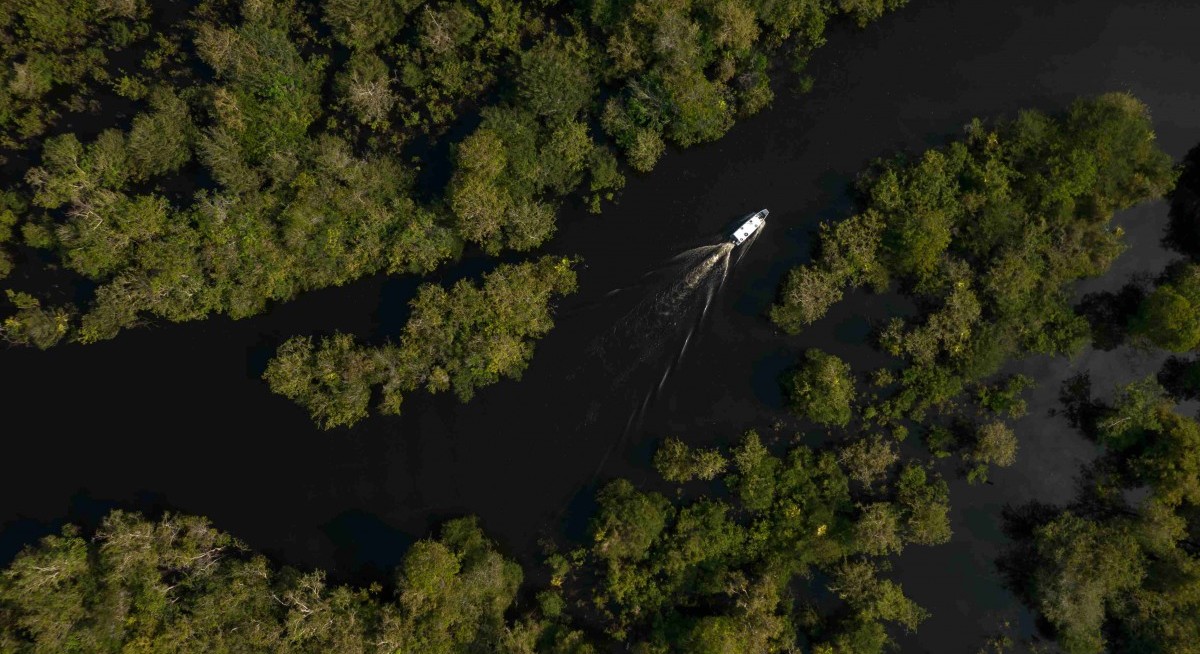Since its launch in June 2022, GenZero has invested in 24 climate-focused ventures across 17 countries and five continents. These investments span three pillars: nature-based solutions, technology-based solutions and carbon ecosystem enablers.
As of end-2024, GenZero has delivered 3 MtCO₂e in cumulative direct realised climate impact and 12.9 MtCO2e of cumulative direct and indirect realised climate impact when adjusted for its shareholding.
Indirect climate impact refers to climate solutions that provide enabling infrastructure or technology to help reduce or remove emissions. According to GenZero, further gains are expected as its portfolio investments scale.
See also: Mitsubishi joins Acen, GenZero, Keppel’s plan to shut 246MW coal plant in the Philippines
Rather than adopting a long-term aspirational goal, the investment firm says it has “deliberately chosen” to set a “short-term, verifiable target” of end-FY2028.
“As the industry navigates evolving impact methodologies, GenZero is putting a marker for transparency and rigour,” says Frederick Teo, CEO of GenZero. “We are not just investing in climate solutions, we are holding ourselves accountable for delivering measurable outcomes. Our stake-adjusted, short-term target underscores this commitment and reinforces the importance of credible, industry-wide impact measurement.”
See also: WEF, GenZero launch Green Fuel Forward initiative to scale sustainable aviation fuel demand in APAC
According to GenZero, 752,184 hectares of land in various countries are under “sustainable management” through its nature-based investments. This area is approximately 10 times the size of Singapore.
GenZero claims to be among the earliest investment firms globally setting a “hard, stake-adjusted target” for realised climate impact. However, the firm’s executives declined to provide more granular data on the progress of its portfolio companies.
At a media briefing for the launch of the sustainability report, Teo says providing a breakdown may “give the wrong impression of the actual potential for abatement in the near term”.
“Take nature investments, for example. In the first three to five years, you are likely to see that forest conservation projects will have a higher impact, and reforestation projects will be very low. We don’t want — when we are not quite at a steady state — to give the wrong impression as if conservation projects are way more impactful than reforestation projects, because it’s just a matter of timing.”
Teo adds that GenZero may reveal such information in the future. “Once it is more appropriate and the potential for misunderstanding from the general public is reduced, we would consider whether we can at least break it up by project types or something similar.”
Temasek committed an initial amount of $5 billion to establish GenZero in June 2022. Teo and his team, however, declined to reveal deployment figures, only noting that investments have been “quite even” across the three pillars.
GenZero is “still early” in its deployment and it still has “a fair amount of firepower”, says Kimberly Tan, managing director and head of investments at GenZero. “In terms of financial returns, because it’s so early, it’s also hard to tell. It’s probably not meaningful at this point to disclose financial returns, just because there won’t be a J-curve yet — both in terms of current investments and the older investments.”
To stay ahead of Singapore and the region’s corporate and economic trends, click here for Latest Section
In economics and private equity, the J-curve is a trend line that shows an initial temporary decline in value, followed by a significant increase.
Teo adds: “While we cannot be granular, I think what we can say is that we have not deployed the majority of our capital. Suffice to say, we are still very early in our deployment, so you can be quite certain that most of [the capital] has not been deployed yet. Over time, this will change.”
As a “double bottom line investor”, GenZero takes “both impact and financial returns equally seriously”, says Teo.
Comparing across these two dimensions “is only more meaningful when we’re looking at companies of a similar type”, he adds. “I mean, for example if I have so much money, and if I’m going for very expensive projects, I’m only going to get very little carbon yield. But that said, I think we are still going to be highly focused on whether the projects make sense both from a returns and impact perspective.”
Infographics: GenZero




